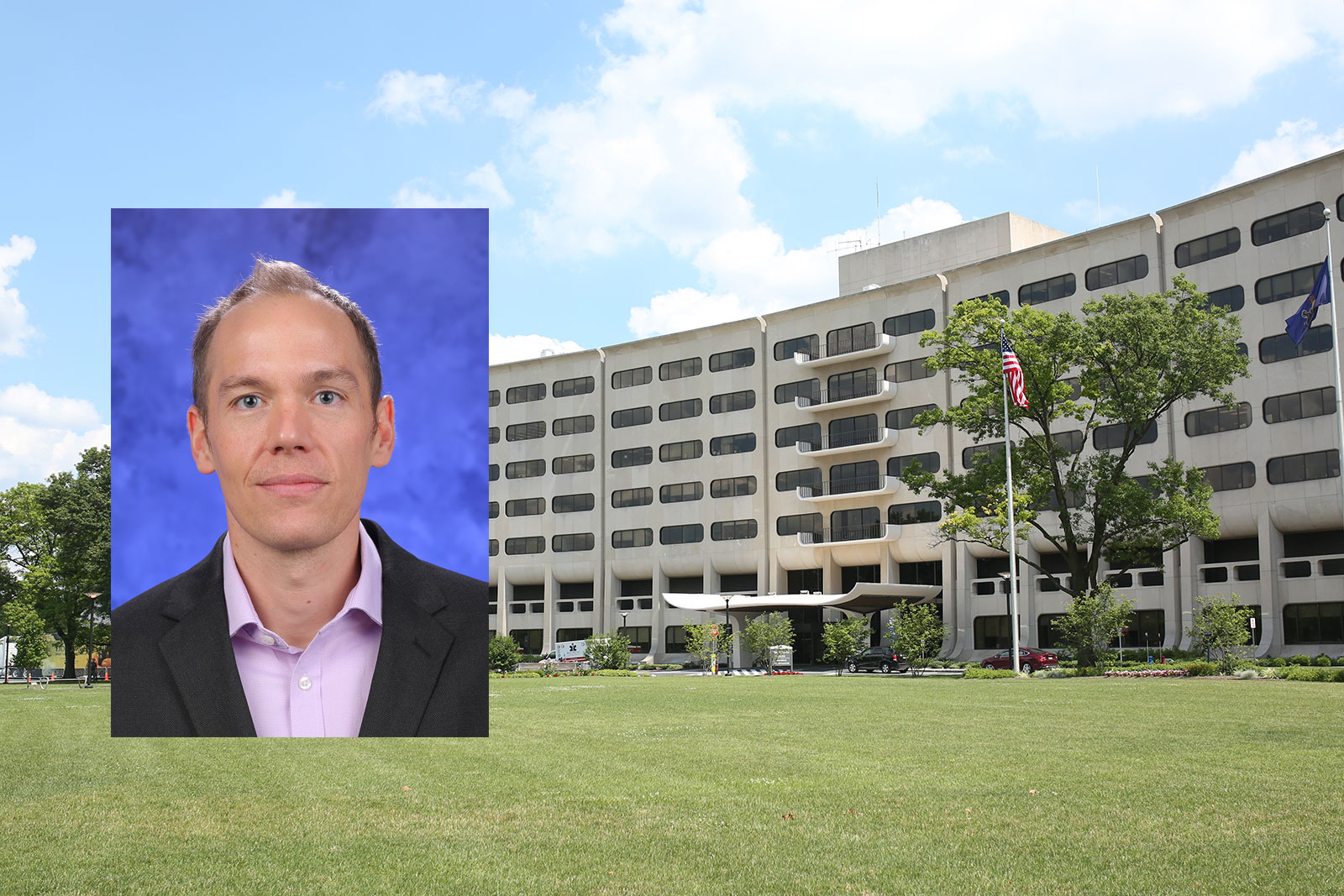New paper highlights effects of dietary sugar consumption on microbiome

Work by Guy Townsend, PhD, Assistant Professor of Biochemistry and Molecular Biology at Penn State College of Medicine, was recently published in the Proceedings of the National Academy of Sciences.
Townsend and his collaborators at Yale University authored “Dietary sugar silences a colonization factor in a mammalian gut symbiont.” Townsend, who is the paper’s lead author, completed the work along with other members of the Eduardo Groisman and Andrew Goodman labs while doing a postdoctoral fellowship at Yale.
For more than a decade, Townsend said, those labs have been investigating the effects of diet on gut microbiota – the name given to the microbe population living in the intestine.
Townsend’s role as the lead author was to understand how dietary sugar consumption controlled the production of a colonization factor called Roc in a prominent microbe in the human gut microbiota.
Since becoming part of the College of Medicine faculty in July of 2018, Townsend has continued his work on the microbiome. Moving forward, “we are planning to investigate how widespread this phenomena is in gut bacteria and investigate the mechanisms by which dietary sugar controls Roc production in the gut,” Townsend said.
Read more about the recent paper in this article via NOVA.
If you're having trouble accessing this content, or would like it in another format, please email Penn State Health Marketing & Communications.
